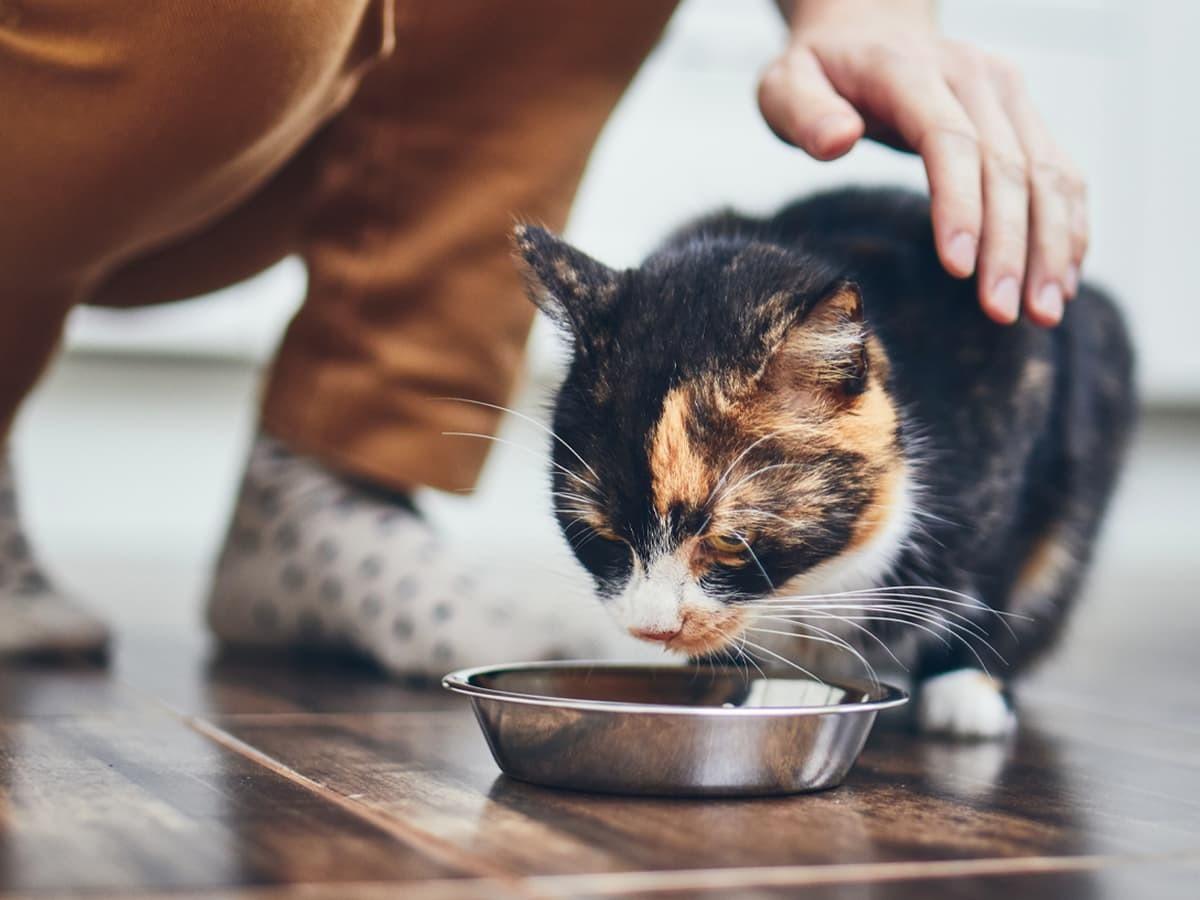As pet owners, we want to provide our feline companions with the best possible care. This extends to their diet and the occasional tasty cat treat. While dogs might famously enjoy peanut butter, are peanuts safe for cats and their unique nutritional needs?
Understanding Feline Nutrition
Cats are obligate carnivores, meaning their bodies are designed to primarily digest animal-based proteins. Their digestive systems differ from that of humans and dogs and are not well-equipped to process large amounts of plant-based foods. Consequently, a balanced diet formulated specifically for cats is paramount to their health.
Are Peanuts Toxic to Cats?
Plain, raw peanuts are not considered toxic to cats. However, it’s crucial to note the potential risks before offering your cat peanuts as a treat:
What Happens if a Cat Eats Peanuts?
Choking Hazards: Peanuts, especially whole or in large pieces, can be a choking hazard for cats. This is especially true for kittens and senior cats who may have difficulty chewing them properly.
Digestive Issues: Cats' digestive systems aren't designed to handle high amounts of plant-based fats, potentially leading to digestive upset, vomiting, or diarrhea.1
Health Conditions: Peanuts may worsen existing conditions like diabetes or pancreatitis due to their fat content.2 Cats prone to obesity should also avoid peanuts.
Allergies: Though less common than in dogs, cats can develop allergies to peanuts.1 Monitor for digestive upset and signs of skin irritation.
Are Peanut Shells Toxic to Cats?
Peanut shells pose additional risks beyond the peanut itself. The hard outer shell is a severe choking hazard, and sharp edges could cause internal injuries. It's best to avoid offering peanut shells to cats entirely.
Is it Okay to Give a Cat Peanut Butter?
While small amounts of plain, unsweetened peanut butter are unlikely to be toxic, it's important to exercise caution. Stick to peanut butter made specifically for pets, or choose other alternatives. Here's why:
Xylitol: Many commercial peanut butters contain xylitol, an artificial sweetener that is highly toxic to pets.1 Always check ingredient lists carefully before giving peanut butter to any of yor pets.
Choking Hazard: The thick, sticky texture of peanut butter can be a choking hazard for some cats.
Added Sugar and Salt: These ingredients are harmful to cats but are often included in peanut butter.
Are Peanuts Bad for Cats, and Do They Offer Any Benefits?
Peanuts offer minimal nutritional benefits to cats. Their high-fat content and potential for digestive upset outweigh any potential advantages. Cats obtain all the necessary nutrients from a balanced diet.
Healthy Alternatives to Peanuts
If you want to treat your cat, consider these safer and more beneficial options:
Commercial Cat Treats: Treats are formulated specifically for cats with safe and enjoyable ingredients
Small Pieces of Cooked Meat: A tiny taste of cooked chicken or fish can be a satisfying protein-rich treat.
Blueberries: These offer antioxidants but should be given in moderation.
Expert Insights From Spot
While it can be fun to share our favorite foods with our pets, pet parents should keep in mind that sometimes, eating human food can upset a pet's stomach. Spot's internal data shows that on average, pet insurance claims for dietary indiscretions (pets eating too much of what they shouldn't) cost $572. This high cost highlights why pet parents should keep an eye on what their pets eat, and do their research before sharing their favorite snacks with their dogs. Being mindful of what treats we share with our pets can help keep them healthy while helping pet parents avoid unnecessary vet bills.
Always Consult Your Veterinarian
Before introducing any new food to your cat's diet, consult with your veterinarian. They can offer personalized advice based on your cat's health and dietary needs.
Key Takeaways
While a few plain peanuts might not harm a healthy cat, the risks and lack of nutritional benefits make them a less-than-ideal treat. Remember, cats are built to thrive on a primarily meat-based diet. When it comes to treats, opt for safer, healthier, and more cat-friendly options. Consulting your veterinarian is always the best way to ensure you're making the right choices for your feline friend's well-being.

I’m Charlie: canine enthusiast with a knack for figuring out why my dog, Dallas, is more infatuated with tennis balls than me. My lifelong passion for dogs has created a dedication to help other pet parents better understands their furry family members!
*Jan 2019 to Aug 2024 Spot Pet Insurance Services, LLC claims data.
"Can Cats Eat Peanut Butter or Peanuts?" Purina, 01 Oct. 2025, https://www.purina.com/articles/cat/feeding/can-cats-eat/peanut-butter.
"Can Cats Eat Peanuts?" PetsCare, n.d., https://www.petscare.com/news/post/can-cats-eat-peanuts-guide.
The information presented in this article is for educational and informational purposes only and does not constitute or substitute for the advice of your veterinarian.











